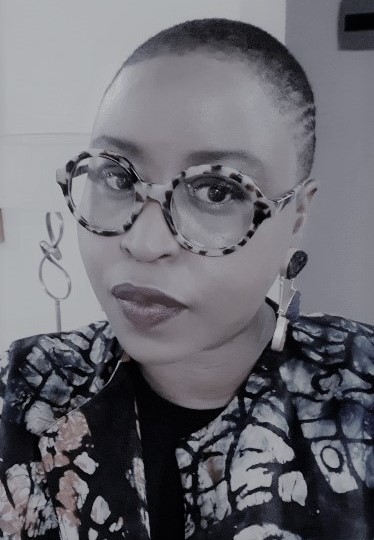How is European community philanthropy responding to refugees? First grants as part of new GFCF programme
08 Jun 2017
 Varna Community Foundation’s ‘Road to New Friends’ programme
Varna Community Foundation’s ‘Road to New Friends’ programme
Migration to Europe is not a new issue, but the sheer numbers and frequency seen over the past years have left many European countries struggling to provide vital services to migrant populations, and to respond to this unprecedented influx in humane and sustainable ways. Effective responses to the current crisis will likely need to involve many different stakeholders: governments, private sector, civil society, and religious institutions, to name but a few.
Enter European community philanthropy organizations, who by their nature are: rooted in the communities they serve; seek to strengthen a culture of local philanthropy and civic participation; engage – through grants and other supports – with local groups; and, bring together seemingly disparate partners to address issues of local concern. So given their role and positioning in communities, and despite their modest sizes (which often means they are overlooked by larger actors) what could the unique contribution of European community philanthropy be to the current challenges around refugees, migrants and asylum seekers in Europe?
This is a question that the GFCF has been exploring for some time now, first with a January 2016 convening on the topic, as well as in a follow-up session at the 2016 European Foundation Centre annual conference. Over 2017 and 2018, partnering with the Open Society Initiative for Europe around a new grants and learning programme, the topic will be explored in more depth. With the first grants in this programme organizations will be undertaking a range of soft integration activities (local events, culinary activities, volunteering programmes, etc.) aimed at shifting public opinion towards the value, and potential contributions of, newcomers to European communities. Grants will also focus on re-engaging and re-energizing volunteers around the long-term integration of refugees, and several planned Giving Circles will begin to raise local funds in support of this.
A list of the first grant recipients is included below, while more grants will be made over the next 18 months. For more information, also on how to apply to be a part of this, please contact Wendy Richardson at the GFCF.
- Ferencvaros Community Foundation (Hungary)
- Fondazione Comunita Canavese (Italy)
- Fondazione della Comunità Salernitana (Italy)
- Varna Community Foundation (Bulgaria)
- Wiesbaden Community Foundation (Germany)
Spotlight on the Varna Community Foundation: Secrets of Arab cuisine build bridges of understanding in Bulgaria
What do cooking lessons have to do with refugees? A series of culinary workshops on Arab cuisine in Varna, a coastal city in Bulgaria, are testing out how food can help break down barriers as people sit down over a delicious meal. “Varna Culinary Works” under the motto “Road to New Friends”, is the first in a series of culinary workshops being organized by the Varna Community Foundation, aiming to build bridges across different cultures and to assist in the integration of newcomers to Varna.
As many countries in Europe continue to grapple with the arrival of refugees fleeing conflict and hardship, the challenge is not just to provide vital social services upon their arrival, but also to integrate and build trust between them, and their host communities. This workshop series is being supported by a grant from the GFCF, as part of the above programme exploring community philanthropy’s response to refugees in Europe. Evidence from past work around the integration of refugees and migrants has demonstrated that celebrating the richness and diversity of those arriving, and their culture, can build empathy, dispel negative myths and help forge engagement. “If we want to learn to accept each other, we need to first meet with each other. That is why we are organizing these culinary workshops, which will bring together people from different nationalities and cultures living in Varna, including newcomers with refugee status”, reflected the organizers, who hoped that participants will make new friends and connections in the process of picking up a new skill.
The first culinary workshop featured specialties prepared by the master chefs Naim Aprauas and Mohammad El Hadzh, who are currently living in Varna. Their culinary artisanship is well known by the citizens of Varna, who are clients of the Veggi Fresh Restaurant at 10 General Kolev Street. Naim Aprauas is famous with his sweets produced in his private workshop. The participants in the culinary workshop learned to make falafel, uzi – a special meal made by rice, meat, and peas baked in a thin baking tray – as well as tabule, labne, mutabal, and humus. The master chefs demonstrated traditional deserts such as semolina and cream baklava. The history of the Arab cuisine which is today well known around the world was presented by chef Kris, co-founder of the Institute on Culinary Art, part of the Higher School on Management – Varna. A special guest of the event was His Excellence, Professor Lino Bianco, Ambassador of Malta in Bulgaria and Romania.
The culinary series will continue in the following months, with participants learning to make specialties from a number of different countries, while in the process getting to know their new neighbours.
Click here to see all 2017 GFCF grants.

